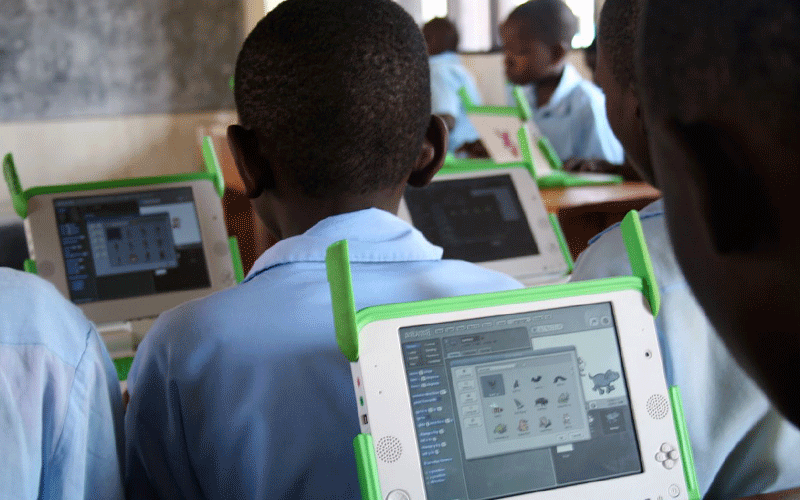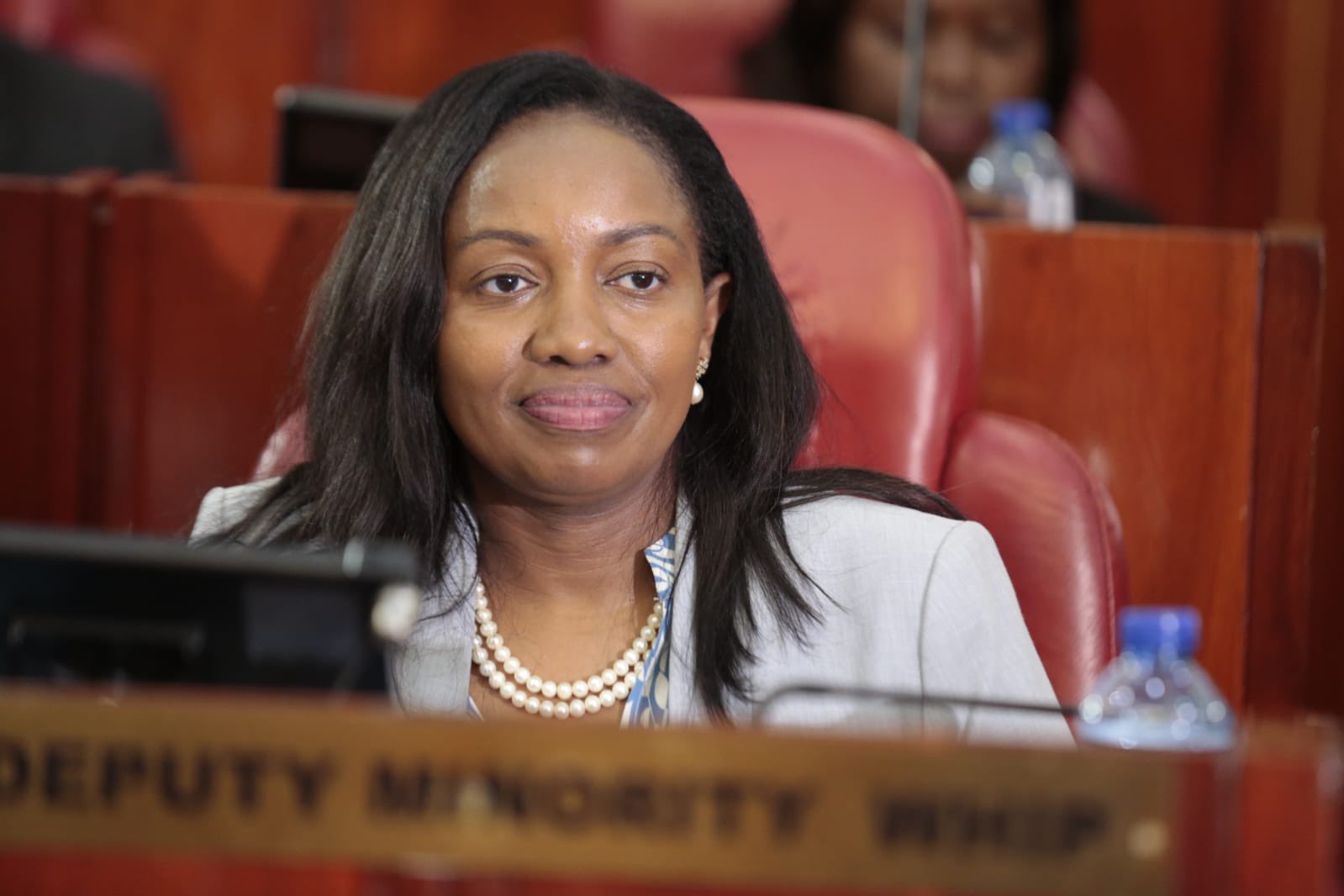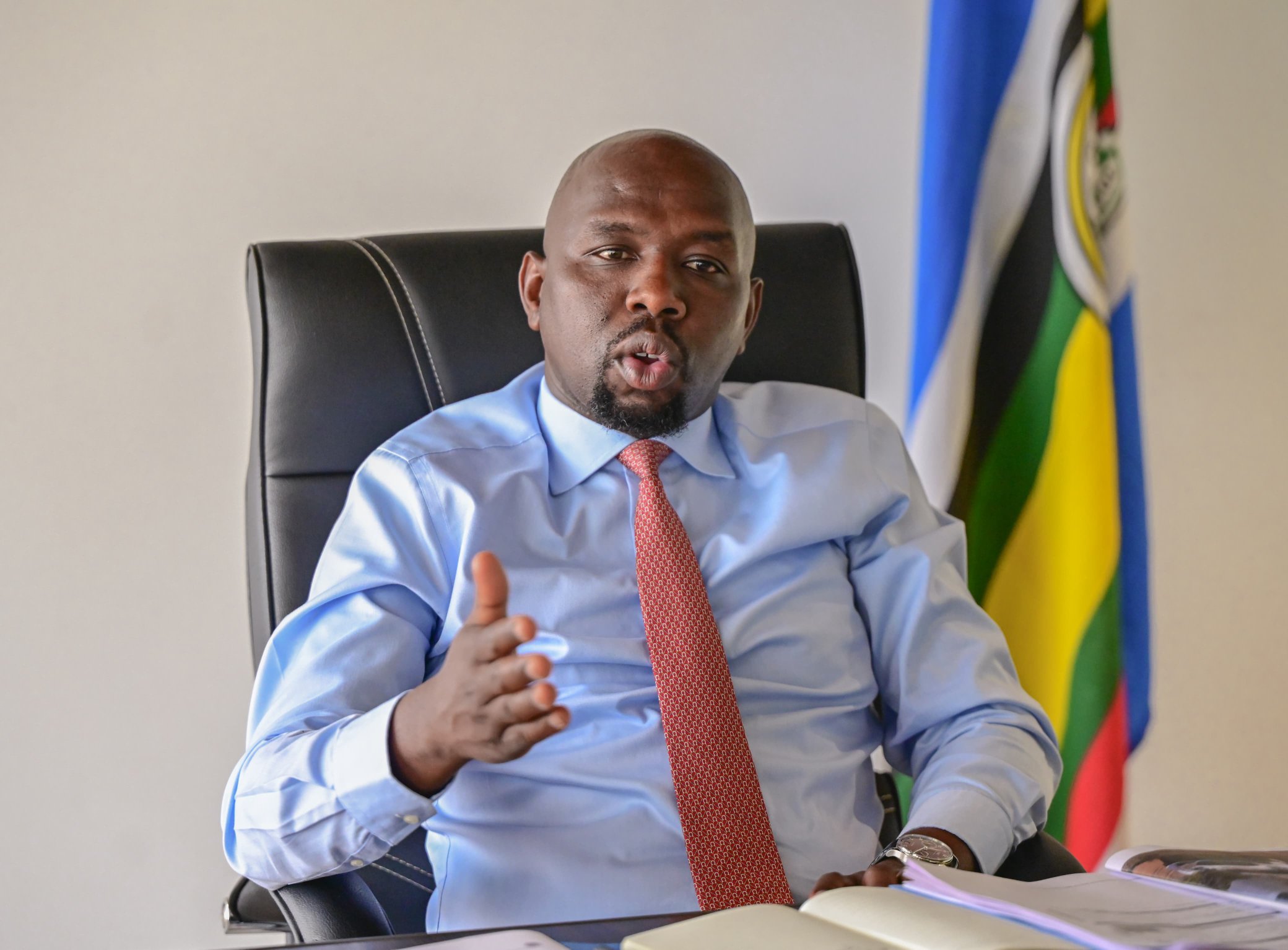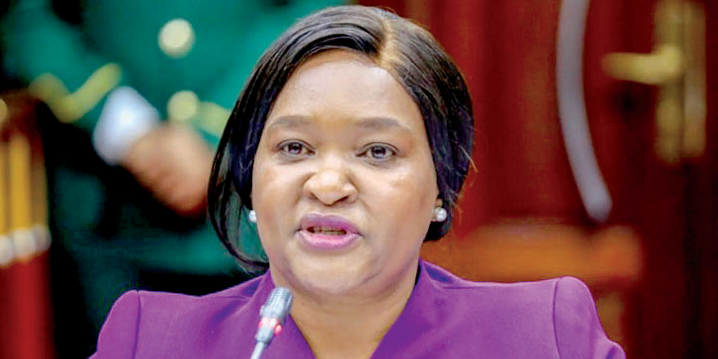Training teachers to drive adoption of virtual learning

A new approach to the professional development of teachers needs to be introduced to enable them embrace the new digital delivery model during the current Covid-19 crisis, experts say.
In a webinar organised by the African Development Bank (AfDB), education experts from across Africa called on African governments to develop new education models that feature well-resourced virtual teaching and learning schemes.
This will help insulate teachers against disruptions due to disasters such as the Covid-19 pandemic.
Free laptops
In 2013, the government of Kenya launched a Sh24.6 billion Digital Literacy Programme aimed at issuing laptops and tablets to school children as well as equipping teachers with the right skills.
The project however, was met with budgetary challenges and implementation issues with a report in 2015 by the Kenya Institute of Curriculum Development (KICD) showing that only 39 per cent of the teachers used ICT in teaching.
While the project had been abandoned, experts note that opportunities offered by the Covid-19 pandemic will change delivery of learning content in days to come.
“Learners are utilising and appreciating the value of digital devices they have at their disposal such as mobile phones, smartphones, laptops tablet and others,” notes Dr Anne A. Aseey, a Senior Lecturer in the School of Open and Distance Learning, University of Nairobi in a recent paper entitled Covid-19 and remote learning in Kenya.
According to Dr Aseey, the whole process of learning and teaching, will drastically change for institutions, to incorporate new inventions and innovations, which will aid and assist in offering quality, relevant and competitive education.
The recent webinar also discussed the challenges and best practices of remote learning following the Covid-19 crisis and how countries can safely reopen their learning institutions.
New normal
Tumwesingye Elioda, Ugandan Minister for Science, Technology and Innovation, said the pandemic has proven that digital education in Africa is a precondition for Africa’s socio-economic transformation and the survival of its people.
“We must begin working towards a new policy and strategies that will sustain an inclusive and equitable education for both young people and adults to enable us embrace the new normal in the wake of Covid-19,” said Elioda, who is also the chairperson of the Africa Union’s Special Technical Committee on Science, Technology and Innovation. Disaster preparedness in education also came under focus at the discussion.
“Today, more than ever before, we need to adapt as quickly as possible to disasters and emergencies and look for alternatives to advance education and training in Africa,” said ADEA Executive Secretary Albert Nsengiyumva.
Shem Bodo, ADEA senior programmes officer, presented the Country Status Report, showing that most countries were coping with the Covid-19 pandemic by adopting mixed channels for remote learning, using print and electronic platforms across all levels.
Unexplored opportunities
The report underscored the need for multipronged strategies for learners with special needs such as sign language to interpret television lessons, teleconsulting with physiotherapists and one-to-one virtual classes.
It also proposed alternative financing models while embracing greater peer learning and knowledge exchange amongst countries.
The webinar also called for additional budget support for remote learning, particularly in ICT infrastructure and the deepening of strategic partnerships with development partners, civil society and the private sector.










